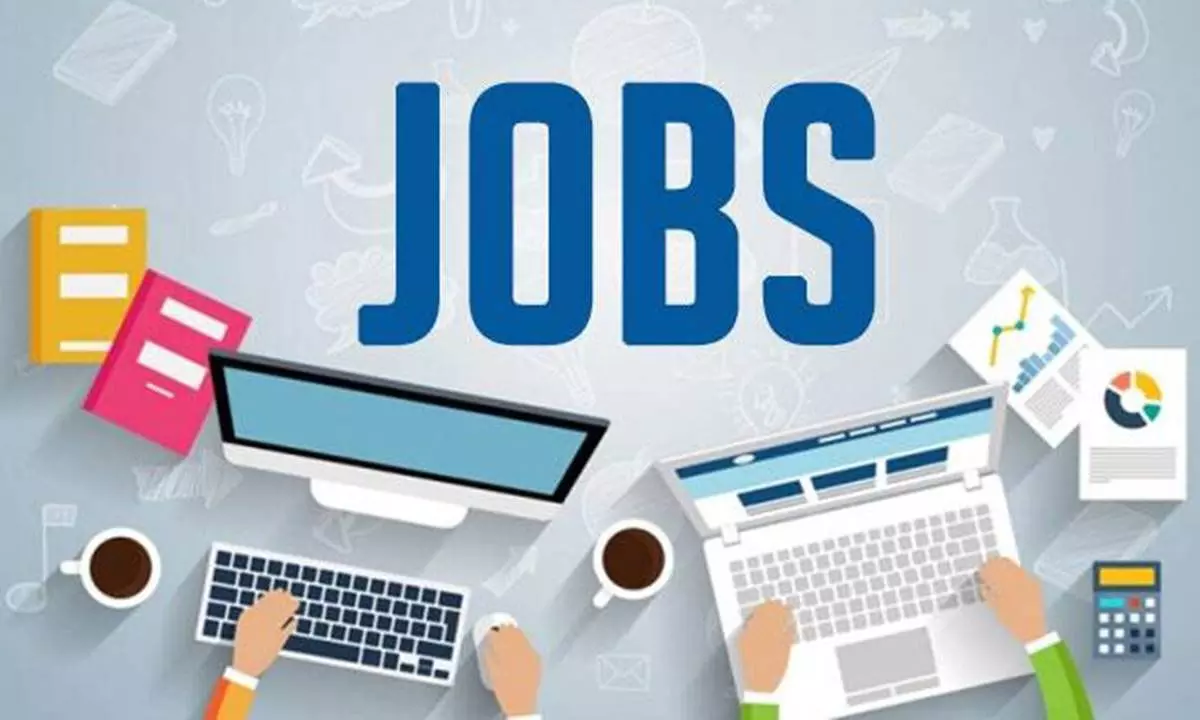How to save your job in post-Covid world

Representational image
To be a wise professional today is to be consistently ready to evolve and self-secure
The world of work has been changed with no possibilities of return to the pre-pandemic normal. While the threat of Covid-19 might have been resisted to a considerable extent, the virus is still around with many possibilities of future disruptions. Apart from this obvious trouble, we have also encountered an unstable world of late, with economic and political crises relentlessly altering our usual ways of going about work. In this era of new transformations and recalibrations, everyday, professionals need to figure out ways to survive, extract value from their jobs and stay in touch with the larger impact they aspire to create. With these broad aims in mind, a number of factors must be focussed on and reckoned with.
The first thing to be emphasised is the necessity of an approach of constant learning. With new problems every few months and consequent technological, organisational and logistical changes, an individual has the choice to either keep on acquiring new skills or become an obsolete non-asset. For instance, if before the pandemic, your job required you to physically supervise operations at a warehouse and the new work regime necessitates managing the same operations through calls and video-conferencing, instead of getting intimidated by the challenge, you must assertively adapt yourself to the situation. You must figure out ways to gauge the quality and efficiency of the work through the new tools you are required to use, which would mean familiarity with technology as well as mechanisms to cross-check the kind of work done through meaningful communication.
On another level, in the grim atmosphere of unexpected trials and changes, as a professional, it is incumbent upon you to volunteer for projects and opportunities you deem worthy. When nobody around you seems motivated, taking up tasks on your own cannot merely bolster your professional trajectory in difficult times, but also positively impact the spirits of your colleagues and the overall work culture at your organisation. For the aforementioned contributions, soft skills, ranging from effective communication to critical thinking are crucial. They are necessary for building professional relationships, staying organized, making informed and powerful decisions, resolving contradictions and conflicts and advancing your network.
The significance of mental health is absolutely undeniable in the wake of massive transformations in our individual, collective and professional lives. As Harvard Business Review outlines in a study published in October 2021, sixty-eight percent of Millennials (50 per cent in 2019) and 81 per cent of Gen Zers (75 per cent in 2019) had left roles for mental health reasons, both voluntarily and involuntarily, compared with 50 per cent of respondents overall (34 per cent in 2019). Seventy-six per cent of respondents reported at least one symptom of a mental health condition in the past year, up from 59 per cent in 2019. In light of these alarming statistics, professionals must monitor themselves for symptoms of mental distress and simultaneously push for workplace mechanisms to help those in need. When mental health challenges seem exceptionally disruptive, it is necessary to allow yourself the liberty to take a break, seek help and communicate the gravity of your problem to the company. Counselling from peers and superiors and professional medical support can help you to stay afloat against scenarios of unmanageable stress and mental health problems.
Finally, all our professional endeavours now should be tethered to and committed towards a futurity. For example, if we can safely claim that automation is the future, actively engaging ourselves with new technologies and Artificial Intelligence-powered mechanisms would be a wise, affirmative and long-sighted step to take. In an epoch of relentless change, we cannot afford to get complacent about a 'present' scheme of things, but must proactively look at possibilities of the future.
To quote William Jennings Bryan, "Destiny is not a matter of chance; it is a matter of choice. It is not a thing to be waited for, it is a thing to be achieved." Instead of perceiving ourselves as powerless and giving in to an ever-changing world, we can craft our own and professional destinies by taking consideration and control of concerns that matter and equipping ourselves for the present and the future. To be a wise professional today is to be consistently ready to evolve and self-secure and like most worthy pursuits, the sky is the limit in this quest as well.
(The author is Chief Impact Officer at Recykal Foundation)














